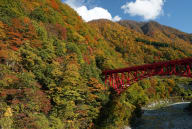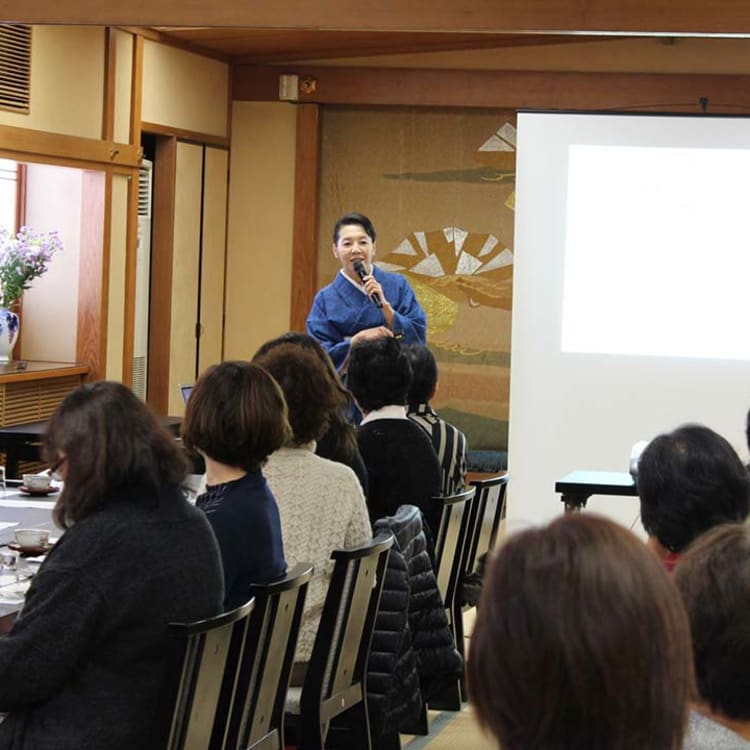
Story Cultivating the Zen spirit for inner beauty by JNTO on 30 June 2020
The Japanese have plenty of words to describe “beauty”. There’s kawaii, and then there’s iki – an aestheticism that’s not overt, yet cannot be explained by looks alone. Have you ever felt a certain way while savouring a kaiseki meal, strolling a Zen garden, or reading a haiku?
Iki comes from values that put us in a state of elation – it’s the appreciation of a certain beauty that arises from a state of mind and a certain way of doing things.
You may be familiar with the philosophy behind the arts like shodo, sado or kendo – the “-do” refers to the “way” of doing things. Each action has a proper method which elevates a simple act into a movement of beauty. It is this strict adherence to form that, when practised, exudes a certain beauty that is admired all over the world.
To elevate everything we do into a work of beauty, there are certain etiquettes to adhere to – for instance, sitting in the seiza posture (with neatly-folded legs and an erect spine), turning your cup during a sado session, and more. For the Japanese, their identity comprise these unique etiquettes. We may not have grown up with Japanese etiquette, but we can capture the beautiful spirit of “-do” by incorporating some of their habits into our daily lives.
To start with, you can partake in workshops that teach Japanese dining etiquette. Rokusuke in Gifu Prefecture’s Ogaki City offers workshops that teach everything from the philosophy of Japanese food to practical instructions like the polite way to eat sushi and the order of eating a kaiseki meal, helping you elevate any dining experience into an art form. A workshop lasts about 2 hours, and group lessons (for 5 or more people) start from 4,000 yen per person with lunch included.


Located in Kagurazaka (a trendy district in Tokyo), the Michelin-starred Japanese restaurant Hifumi-An offers international guests lessons in Japanese culinary table manners expected of guests when dining during a formal dinner. Instructors will impart the proper way of handling chopsticks, bowls, and tea cups, and even how to conduct yourself properly at the dinner table. There are 2 versions of their dining etiquette lesson: a basic 1.5-hour course costs 10,000 yen with tea and sweets, while the 3-hour practice lesson costs 20,000 yen and includes a kaiseki course.
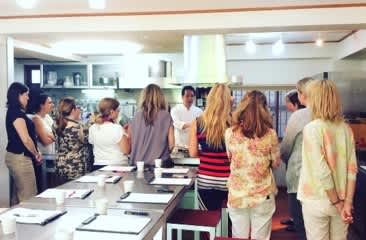

Perhaps the best way to understand the beauty of “-do” is in understanding the Japanese Zen spirit. Its beauty lies not in the worshipping of others, but in the belief of your own “real” self by clearing your mind of superfluous thoughts. Over the centuries, Zen became a religion of beauty, which is cultivated via geido – the “way of the arts” – that includes sado (“way of tea”), shodo (“way of calligraphy”), and so on. It is this belief that gave birth to some of Japan’s most beautiful art forms, from Noh (an art form of theatrical performance) to bonsai and ikebana.
Therefore, a strong Zen core is also the key to discovering the beauty within yourself. Part of the Zen aestheticism also involves a diet of shojin ryori (vegetarian cuisine) as part of a cleansing ritual. You can cultivate your Zen core by partaking in one of many Zen meditation sessions – and dining on shojin ryori – offered at temples across Japan.
At Kyoto’s Taizo-in, a Zen temple established in 1404, priests will guide you throughout your Zazen (seated meditation) session and give you insights on the significance of Zen Buddhism. The 1-hour session costs 2,500 yen, by reservation only. Their shojin ryori experience (bento lunch box starts from 3,000 yen; kaiseki course begins from 4,500 yen) is catered by a Michelin-starred Zen Buddhist cuisine restaurant in Kyoto.
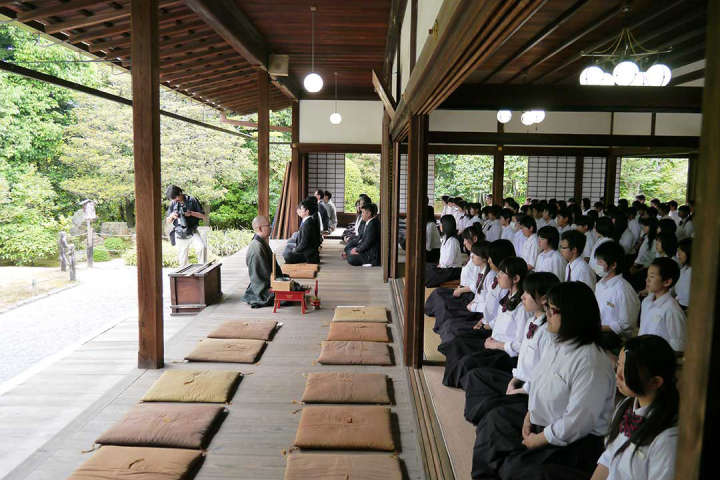
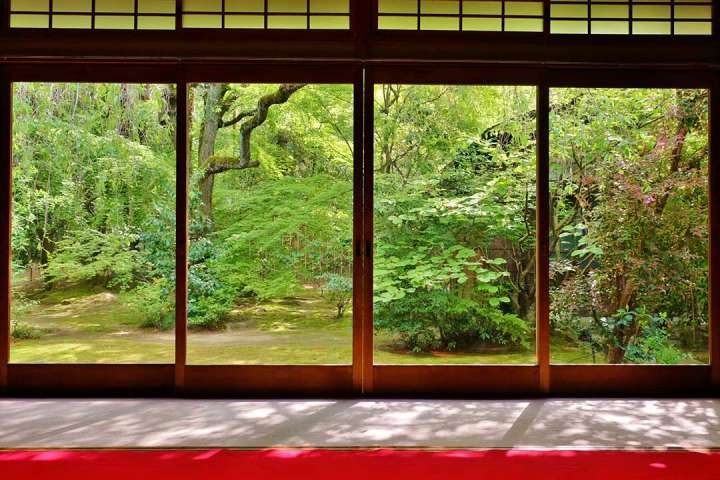
You can also immerse yourself fully into Zen culture at Sojiji-soin Temple Inn, located in Ishikawa’s Soto Peninsula, where you can train together with the monks by spending the night at the temple. It costs 6,500 yen per person, including a vegetarian dinner and breakfast, and an early morning Zazen session with monks.
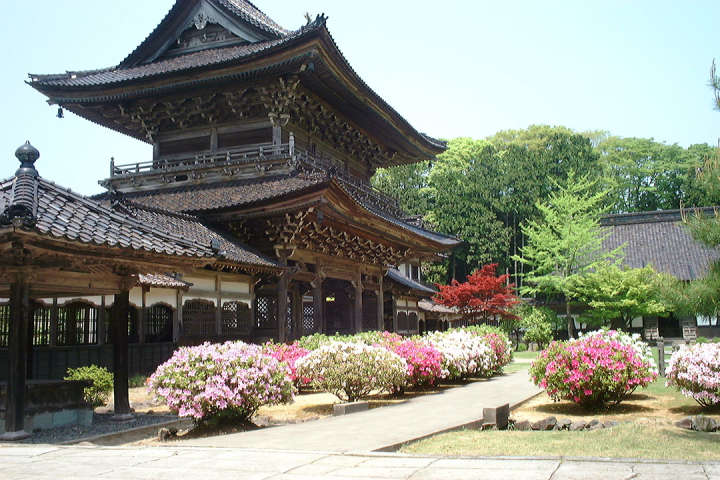
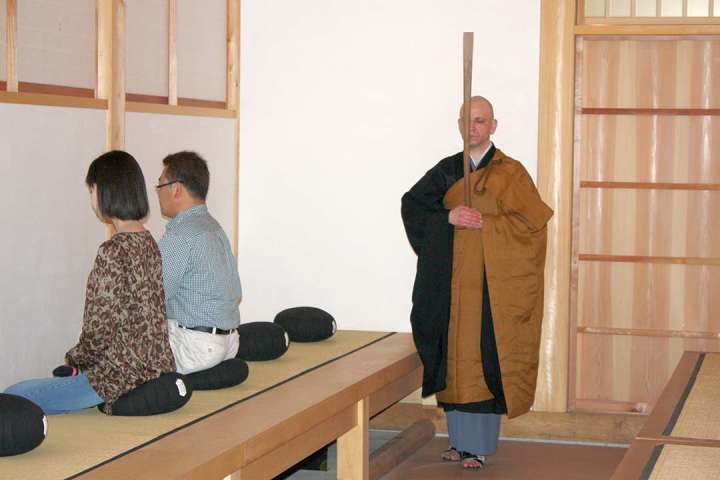
Beyond adopting a certain poise at the dinner table, the understanding of Zen philosophy elevates your appreciation of aestheticism – it is this understanding that cultivates elegance and develops your inner beauty. A trip to Japan can be more than just taking snapshots of beautiful things – make your trip a fulfilling one by cultivating your inner beauty with a touch of Zen, so that you can also develop your personal iki long after your trip is over.









































